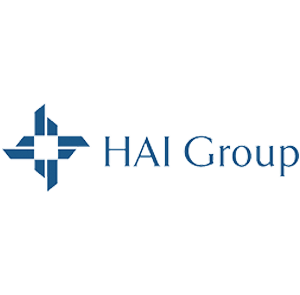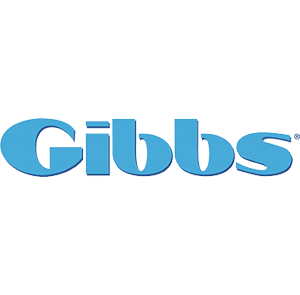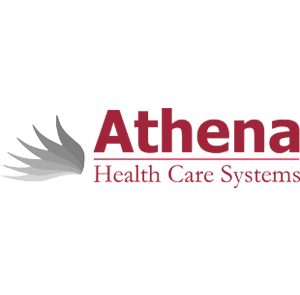Project Description
Company
Peck & Tuneski, P.C., Attorneys at Law
Industry
Law & Real Estate
Project Benefits
- Lowered long-distance charges and other costs
- Improved connectivity and communications for remote offices
- Enhanced client service, improved productivity, and enabled greater staff availability
Peck & Tuneski is one of the most successful residential real estate closing firm in Connecticut, and has a growing estate planning practice. The firm has three full-time attorneys, 2 part-time employees, and nine full-time support staff members.
The Challenge:
To serve their clients across the state, the firm maintains satellite offices that are used by appointment for client meetings, but not staffed full-time. Each of these offices required dedicated fax, phone, and Internet connections that were increasing the firm’s overhead.
In addition to adding expense, the old phone system lacked features that the staff needed to communicate. Because employees could not transfer calls between offices, staying in contact with remote staff members was difficult. When clients called for employees who were working remotely, they either had to hang up and dial another number or wait for the attorney to pick up his or her messages. Attorneys did not have individual voicemail boxes, and could not forward messages to each other. Some long-time Peck & Tuneski staff members work part time. With the old phone system, clients leaving them time-sensitive messages could not be re-directed to available associates for immediate assistance.
The Solution:
When they decided to upgrade their phone system, Peck & Tuneski contacted Cisco® Premier Partner CTComp to learn more about voice and data integration. The partner recommended and deployed a new Cisco Small Business solution with Cisco Unified Communications Manager Express, which has allowed the firm to realize numerous benefits, including:
- Reduced administrative expenses. Peck & Tuneski eliminated dedicated phone and fax lines in remote locations, and it now uses a DSL connection in each location to carry voice, data, and fax communications. The remote offices connect to the main office through a VPN to access resources on the network and for voice communication, virtually eliminating long-distance costs. In the main office, a split T-1 service is used for data and voice to further reduce expenses. Additionally, the voice system can be administrated by employees, and adding users or changing voicemail boxes can be performed using the online administrative tool. These features are helping Peck & Tuneski dramatically lower overhead expenses.
- Enhanced communications capabilities. Having all the offices on the same network allows staff to call or transfer calls to remote offices by simply dialing a four-digit extension. This capability eases communication and “creates a more professional appearance with customers,” says Peck. “Now, when someone leaves the office, I can program the phone to ring through to a cell phone so the client can reach me more easily. My office can reach me just by dialing my extension and being patched to my cell phone.”
- Improved customer service and increased productivity. The new solution has reduced the number of unanswered calls. Now, when attorneys are out of the office, their phones can be programmed to forward to their cell phones or other associates, and clients can speak to live employees when they call. “Through the use of the call connect software, we are able to cover employee absences or staff reductions with little impact on our clients,” says Peck. “Now, they talk to someone who can help them every time they call.”
Personal voicemail boxes for each attorney allow clients to leave private messages. And the Cisco IP Communicator application on staff laptops helps improve customer service by making attorneys accessible wherever they go, and making it easy for them to access the office remotely. Another benefit of the network is the colleague visibility and status. By looking at the handset, the office receptionist or other colleagues can tell whether someone is on the phone or in do-not-disturb mode. This feature saves time and frustration.
The CTComp Difference
Before deploying the Cisco network, Peck & Tuneski looked at other solutions, but decided to trust their partner and their recommendation. “CTComp has been our technology vendor since the late 1980s,” says Peck. “We already had a good 20-year relationship with them. Other vendors couldn’t integrate our voice and data network the way that CTComp could, and we knew this integration was key to moving our company forward and reducing our overhead.”CTComp recommended a Cisco Small Business solution with Cisco Unified Communications Manager Express, because it would help the firm cut costs and improve remote connectivity. The new network integrated all of the offices onto a single network, eliminating the need for maintaining dedicated connections at the remote sites.CTComp was also able to offer Peck & Tuneski zero percent financing on a 36-month lease through Cisco CapitalSM. This arrangement enables the firm to manage its cash flow, reinvest in the business, and keep monthly expenses low.

“We’ve eliminated long distance; everything is routed through our central office and gets the same benefit of that toll-free calling. Using softphone technology, I even eliminated the office phone at my house. We’re looking at savings of 25 to 40 percent, depending on long-distance usage. And the savings from the split T-1 line will cover about 30 percent of the cost of the equipment.”

“CTComp has been our technology vendor since the late 1980s. We already had a good 20-year relationship with them. Other vendors couldn’t integrate our voice and data network the way that CSS could, and we knew this integration was key to moving our company forward and reducing our overhead.”

“Through the use of the call connect software, we are able to cover employee absences or staff reductions with little impact on our clients. Now, they talk to someone who can help them every time they call.”













